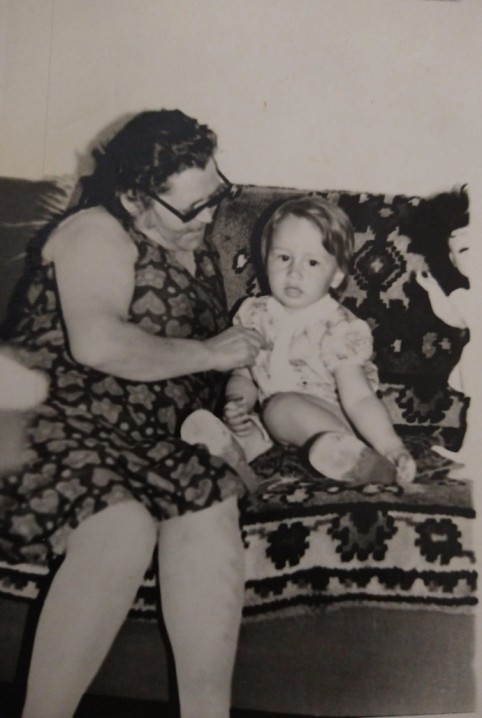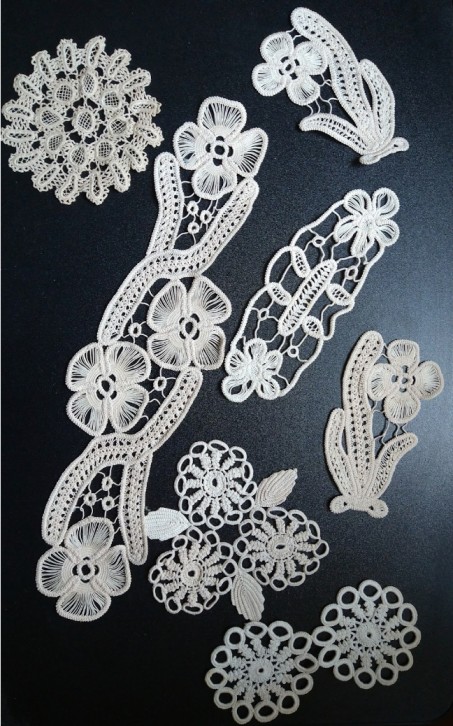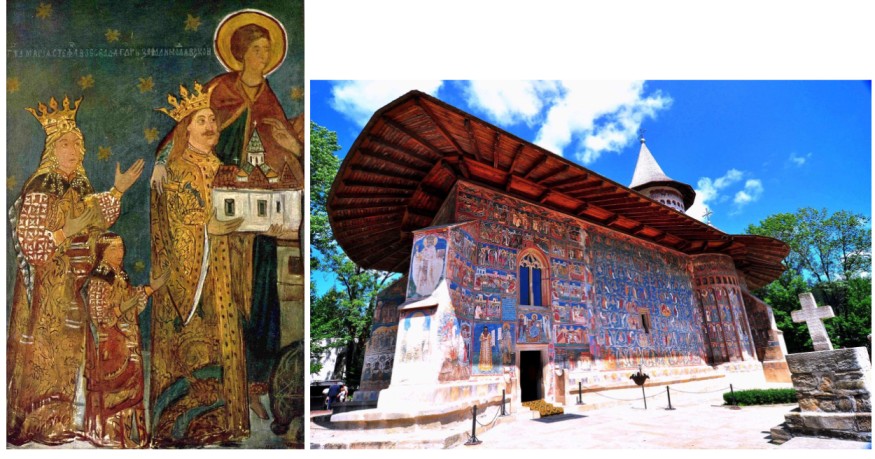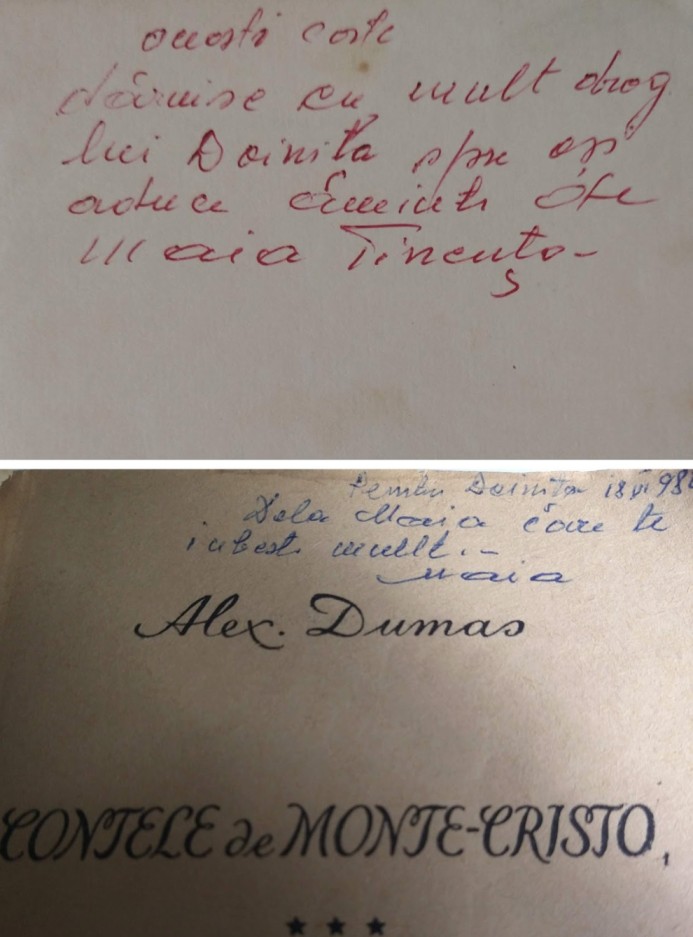Epic Battles in the Kitchen
Her name was Ecaterina but I called her Maia, an approximation of the word for granny in Romanian. She and her husband(Buni to me, also from grandad) were technically childminders, but, in fact,
very loving, adoptive grandparents for me.

When they were young, Maia and Buni had adopted a boy (I think the boy was around 10 when this happened). When the boy became a man, married and had children of his own, Maia and Buni looked after his two boys until they were teenagers. At that moment, one year old me came into their lives and they looked after me and then, later on, after my brother.
Maia has always been a housewife and he was retired during my time with them.
Maia and Buni were also crafting decorative items to sell in order to supplement his small pension.
I am not sure how many they sold, but they certainly gave me plenty.
Luckily for me, she was also a fantastic cook, and prepared wonderful, regional dishes despite all the significant food shortages at the time.


Here comes Stefan on his white horse with his army of freemen behind him. They have swords and shields, bows and arrows. Their horses bite into their reins, push against each other and can barely contain their energy. I could practically hear the hooves.
He climbs the hill and looks across the valley. There were Turks as far as the eye can see. Will our Moldovan men be lost?. This is edge of the seat stuff.
Our Stefan takes his sword out and thunders “Come save our Moldova, my sons!”
Cause I defend the poverty and the needs of my struggling land
And therefore all the rocks and streams and hills that guardian stand
And all that grows and moves and breathes to me is ally true,
While every blade of grass and stone is enemy to you!
She is quoting a famous Romanian poem, the quote is lost on me but the rhythms and rhymes are memorable.
And they're off! Stefan and his freemen charge towards the enemy, fast as the wind. I can hardly breathe. She puts her hands together, straightens her arms and swings an imaginary sword among the kitchen’ pots and containers describing how Stefan makes his enemies fall or run away.
Run away, Suleiman Pasha, you have no business here in Moldova, she admonishes, prodding with the sword a bag of flour standing in as the Ottoman army leader, later the sultan Suleyman the Magnificent.
My heart is in my mouth. But did Stefan win, Maia, did he win? . Yes, he did but with great losses and then he built a beautiful church for the souls of those that have fallen in the battle.
How we cheered that our Moldova survived to fight another day! And we celebrated with another mouth-watering Moldovan cake that she was baking. She then describes the beautiful church to me, painting in my mind all the images of Jesus and Mary, saints and angels, and of Stefan himself holding a model of the church, the heavenly blue of the background. I hope she saw at least one of these churches for real.
When I went to school, I learned to my dismay that Stefan the Great lived 500 years ago! I couldn’t believe it! I mean, I knew she was old, so I imagined she must have been there to see all these battles!
Soon after I learnt to read at school she started me on her big collection of books, including some very nice, hard backs editions from the '30s.
She had a good Alexandre Dumas section and I began with The Three Musketeers. How I loved it! I read it so many times, I knew some scenes by heart.
She’d crochet on the sofa, Buni at the table sewing their creations, my brother on the floor with some toys and I would sit next to her, riding along with d’Artagnan and worrying about the Anna of Austria’s diamonds and honour. I lived those books.


I never got the chance to thank her for all she gave me. From the books, to poetry, history to crafts, drawing(she taught me a way of doing faces and flowers), a knowledge of how cheese is made(she was making fresh cheese in her tiny kitchen), a certain love of food, a lot in me is coming from her.
I sorted out my books recently and I had the uncomfortable thought that, because of the technology and taste changes, plus my specific circumstances, my Romanian books will probably die a paper-recycling-death with me.
This got me thinking that, maybe, I have done something important for Maia. She probably saw the signs that I was a little bookworm in the making, that I will love her books as much as she did. I now think this is quite a big deal to have someone to pass on the things you love and to know that they will cherish them. Maybe I did at least this thing for her.
My dear Maia, I loved and took good care of your books though I don't really need them to remember you!